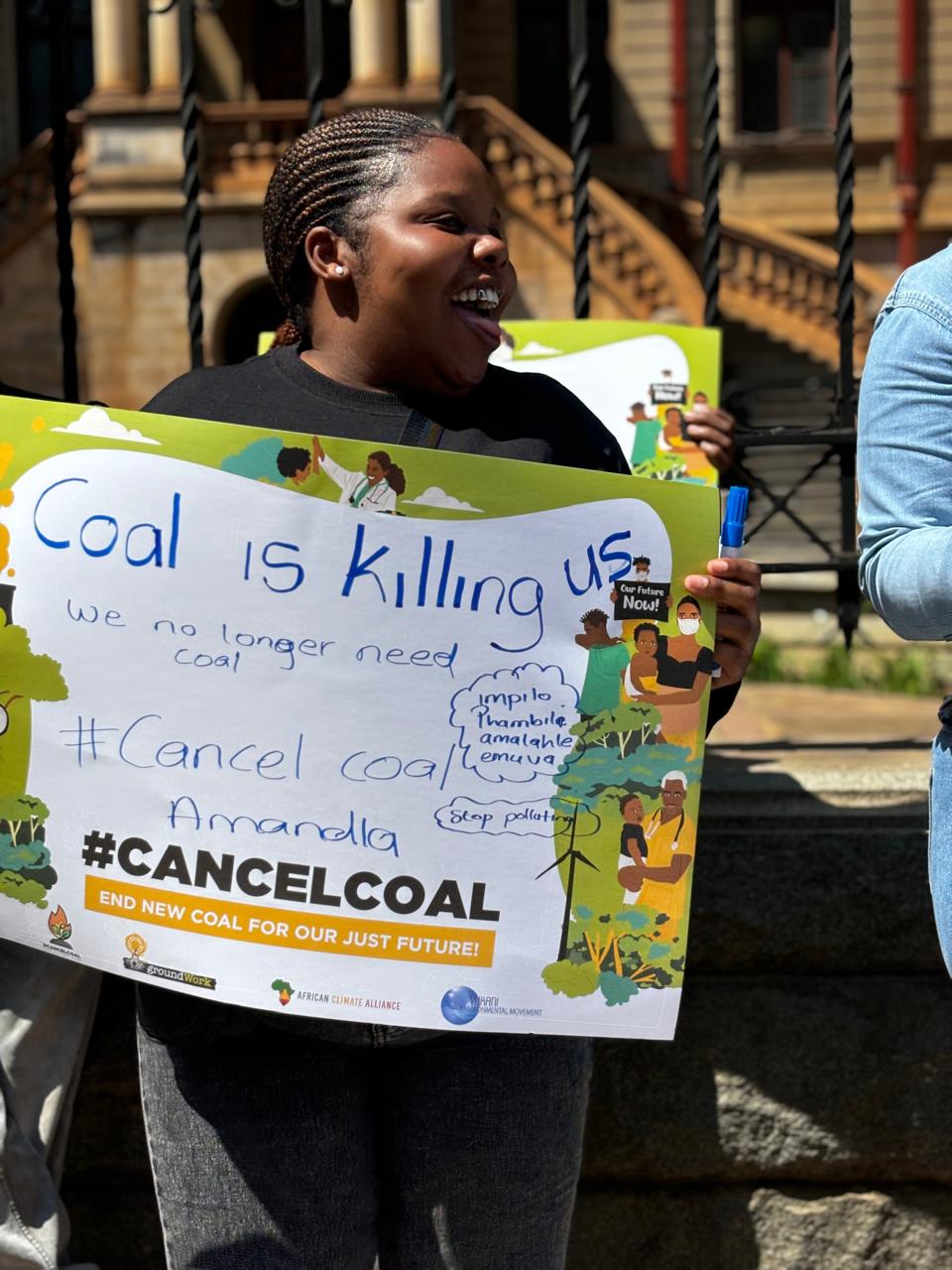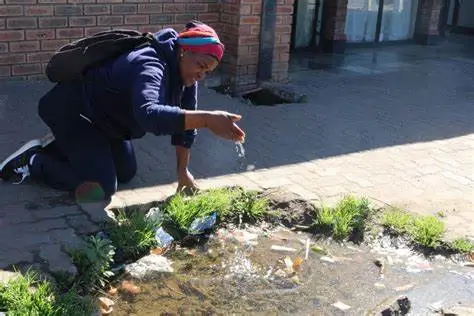Syed Mohiudeen outside the Gqeberha High Court. Archive photo: Thamsanqa Mbovane
Former Metrorail provincial manager and acting PRASA CEO Mthuthuzeli Swartz and businessman Syed Nadir Mohiudeen are accused of stealing a Transnet railway line in the Eastern Cape.
The alleged theft happened in 2012, a case opened in early 2013, and the pair were arrested and charged in 2019.
In 2022, Mohiudeen filed an application for further particulars of the charges against him, which was dismissed.
He appealed the decision, which took 18 months before it was first heard by the High Court.
After a two-year delay, the criminal case involving the theft of 42km of railway line by a former top PRASA official will continue now that the Gqeberha High Court has dismissed a review application filed by his co-accused in May 2022.
The High Court review application was brought by Cape Town-based businessman Syed Nadir Mohiudeen, who sought further and better particulars of the case brought against him in the Gqeberha Commercial Crimes Court.
In the criminal case, Mohiudeen is charged with acting in concert with former PRASA acting CEO Mthuthuzeli Swartz to steal the Transnet-owned railway line between Sterkstroom and Maclear in the Eastern Cape.
At the time that the line was uplifted in late 2012 for the value of the steel, Swartz was the regional manager for Metrorail in the Western Cape. The state alleges Swartz and Mohidueen committed fraud or theft by selling off the right to uplift the line to Akisisa, a company owned by cousins Cedric and Adrian Samuels.
Swartz and Mohiudeen allegedly sought a R5-million payment from Akisisa for the right to uplift the rail, and received a R1.5-million deposit. The alleged fraud against Transnet, which owned the line, amounts to R59-million, which is the cost of its replacement.
Slow wheels of justice
The case of theft of the railway line was opened at the Elliot police station in February 2013 after Transnet security stopped Akisisa from uplifting more of the line.
Swartz and Mohiudeen were only arrested and charged six years later, in January and February 2019 respectively.
Three years later, after numerous delays and postponements, Mohiudeen filed a request for further and better particulars of the case against him.
His review filed on 23 May 2022 centred on:
the state failed to provide sufficient details on the nature of the agreement between him and Swartz;
the Eastern Cape court had no jurisdiction to hear the case because the agreement between himself and Swartz had originated in the Western Cape;
there was no document showing that he and Swartz misrepresented themselves to Cedric and Adrian Samuels;
the state needed to identify exactly who had made which representations to the Samuels cousins;
and the state needed to provide the details of R59-million loss suffered by Transnet.
More than seven months later, on 8 December 2022, Magistrate Nolitha Bara dismissed the request for further particulars. Following the December break, Mohiudeen filed for leave to appeal Bara’s ruling, and lodged his appeal with the Gqeberha High Court on 23 February 2023.
It took a year and six months before the matter was first heard by the High Court on 8 August, where Mohiudeen appeared without a lawyer, and asked the court for a postponement in order to get a lawyer.
When the High Court sat again on 28 November, he again had no lawyer and asked for a further postponement in order to obtain representation from the Legal Aid Board.
But acting High Court judges Tarryn Rossi and Albert Beyleveld noted his request to Legal Aid had already been turned down on the basis that his case had little prospect of success. Although this decision was subject to appeal, there was no guarantee legal assistance would be given to him.
Advocate for the Director of Public Prosecutions Bongo Mvinjelwa argued against a further postponement.
The court had previously warned against “Stalingrad” tactics, and with Mohiudeen having had his application and heads of argument prepared by lawyers, the judges decided to consider the case based on what Mohiudeen had set before the court.
In Rossi and Beyleveld’s subsequent judgment delivered on 5 December, they held that legal representation would not help his case further, nor would he be “unduly prejudiced in the presentation of his argument”.
High Court judgment
Judges Rossi and Beyleveld stated that a “crucial enquiry in review proceedings” was whether the judge or magistrate whose decision is being reviewed, prevented a fair trial “on the issues”. The complaint needed to be based on the methods or conduct or the proceedings, not the results. Additionally, the judge’s or magistrate’s reasons “must not” be confused with the conduct of the proceedings.
The judges noted that the superior court should “be slow to interfere” in proceedings and should generally confine its powers to “rare cases where grave injustice might otherwise result”.
Courts should also guard against the abuse of the section in the Criminal Procedures Act allowing an accused to request further particulars related to the charge “when the accused’s aim is not to advance the administration of justice but rather to obfuscate the issues”.
The judges stated that while Mohiudeen sought to argue a “grave irregularity and misdirection” of justice, he presented no factual basis for his argument.
Mohiudeen failed to state what grave injustice would result if the court were not to intervene or how he was “materially prejudiced” in a way which could not be corrected on review or appeal of the criminal case.
The judges also stated there was no mention in his arguments of how magistrate Nolitha Bara prevented him from having a fair trial of the issues.
Mohiudeen’s application was dismissed, with each party ordered to pay the costs of their application.
The criminal case in which Swartz and Mohiudeen are co-accused is set down in the Gqeberha Commercial Crimes Court for 10 to 14 March 2025.






